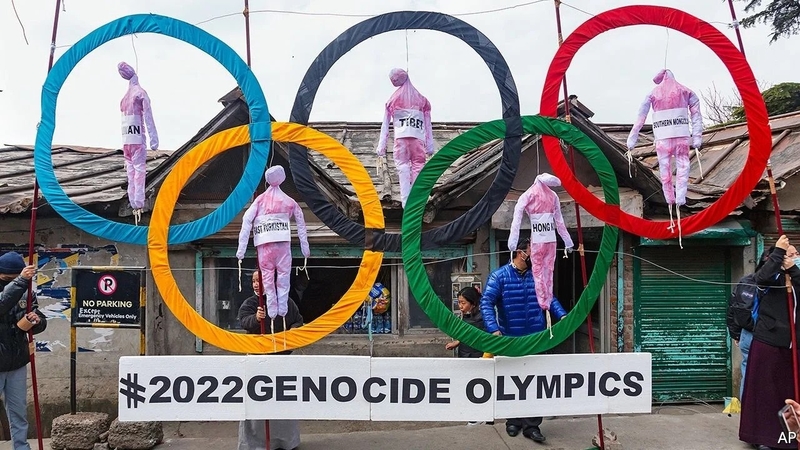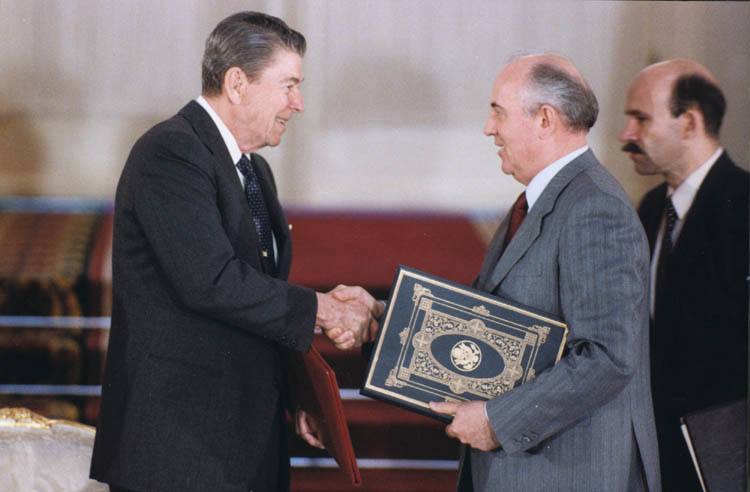China will play host to the next edition of the Winter Olympic Games, set to be held at Beijing in 2022. Though elected in 2015, China’s status as host has attracted controversy. Following international attention on its activities in the Xinjiang province and Hong Kong – widely perceived as suppressing Uyghur Muslims and pro-democracy activists, respectively – some have called on nations to boycott the games to protest China’s human rights record. Such calls have been heard loudly in Canada, where the House of Commons voted in February, 266-0, to request the government to help relocate the games. Despite such political pressure, and a public campaign for relocation, the Canadian Olympic Committee (COC) has, so far, refused to boycott the Games. The debate stands at an impasse.
Amidst these developments, the NATO Association of Canada’s editors share their thoughts on whether Canada should boycott the 2022 Winter Olympics in Beijing:
Canadian Consistency by Griffin Cotton Cornwall
At the International Olympic Committee’s (IOC) most recent round of meetings, delegates discussed the future of the Olympic movement and the ways in which the IOC can adapt to a changing world. Alongside this meeting came calls for formal boycotts by governments and athletes of the upcoming 2022 winter Olympiad in Beijing from a variety of groups and organizations protesting the Chinese Government’s chequered human rights record. IOC President Thomas Bach appeared to dismiss these calls, describing any decision to boycott the Beijing games as “the remit of politics,” and therefore not in the IOC’s mandate to seek to resolve as an apolitical body.
The IOC’s willingness to leave boycott as a means of formal protest of China’s ongoing human rights crises makes it clear that Canada and other nations will need to take stronger action to formally object to these abuses on our own. In February 2021, following a similar finding made by a parliamentary subcommittee in 2020, a motion was passed by the House of Commons as a whole to condemn the actions of the Chinese government against Uyghurs in Xinjiang as a genocide, in line with the United Nations’ definition. While Prime Minister Trudeau and his Cabinet formally abstained from the vote on behalf of the Government of Canada amidst a strained relationship with China, the unanimous passage of the motion by all MPs who voted on it highlights this as a critical issue. Given the modern history of the Olympic Games as a major soft power initiative for the host country, a boycott movement targeting the Beijing 2022 Olympiad, especially as the world seeks to return to normalcy in the wake of the COVID-19 pandemic, would help to amplify Canada’s message to China that we will not continue to overlook the ongoing human rights abuses in that country.
Don’t Poke the Dragon by Neven Vincic
While there is a non-trivial case to be made for boycotting the 2022 Winter Olympics in China on principled and political grounds, it’s important to consider the likely implications of a boycott and whether these are ultimately desirable or even counter-productive in the long-run.
As the CCP has become increasingly assertive on the international stage, its soft power has suffered in kind. To understand this trend, one need not look far beyond the CCP’s aggressive territorial posturing, contentious WTO compliance record, and its heavy-handed retaliation to the by now famous arrest of Huawei CEO Meng Wanzhou, wherein Canadian citizens Michael Kovrig and Michael Spavor were arbitrarily detained as political bargaining chips.
Such aggressive posturing may seem counterproductive but, with rising internal economic and social pressures imposed by the COVID-19 pandemic, it is actually a way to stoke nationalism domestically. Every perceived international transgression, however slight, is met with vehement opposition and aggressive posturing in order to galvanize domestic nationalism.
While these actions and the CCP’s reticence in softening its approach provide fertile ground and valid justification for a boycott of the Winter Olympics on political grounds, one must be cautious of further driving the Chinese people into the open and authoritative arms of the CCP.
So, the easy answer may be to draw a line in the sand and unquestionably declare, “yes!” in support of a boycott. However, these actions and further international denouncements have the potential to further polarize China’s population towards nationalism, thereby increasing the likelihood of aggressive actions that are difficult to scale back after the fact (reminiscent of military expansionism of Imperial Japan and actions by nationalist military extremists). From this point of view, the case can be made for seeking compromise beyond a simple binary decision, hopefully paving the way for more creative and mutually beneficial solutions to the increasingly complex and interwoven global challenges now and in the future.
Much Ado About Nothing by Arjun Singh
To ‘boycott’ is generally useless. Modern history is rife with plenty, each having failed. From the first Olympic boycott in 1936 against Nazi Germany to the decades-long boycott of Apartheid South Africa to the ongoing Boycott, Divestment and Sanctions movement against Israel, nothing tangible has come of these efforts. Their targets are usually unscathed, and the act merely serves as an exercise in virtue-signalling with little else achieved.
There is no doubt that Canada will follow the same path if it boycotts the forthcoming Winter Olympics in China. After momentary traction, the proposal has since dissipated from the national news cycle – its proponents had sought to highlight China’s contemptible human rights record. Knowing well that the Games will continue irrespective of Canada’s participation, key normative questions arise: does an Olympiad’s venue have moral significance, and are participating athletes acquiescent of human rights violations?
To both, the answer is a resounding “No.” Modern Olympics follow very specific processes for the selection of their venues. Bids are submitted years in advance, and national contenders are selected principally for their logistical acumen and resources to organize an event of large scale. While the deliberative process is closed, nations chosen as hosts have primarily been upper-income countries, which possess such capacity. At the Games themselves, there is little imputation of host-country cultural characteristics – barring, perhaps, the opening and closing ceremonies – with the conduct of athletic events being standardized. Based on such criteria and practice, it is clear that editions of the Games have little to do with the host country’s identity encompassing its politics. To make such a conflation, the premise of any boycott, is woefully incorrect. Likewise, the role of athletes – to display the excellence of human kinesthetics, and represent the athletic talent of their home countries – has little congruity with the host nation, making any notions of ‘moral significance’ to be a fantastical stretch of the imagination. Their job is to win medals and set records; nothing more, nothing less. Sport should not be politicised.
Consequently, Canada should not waste its time and talent seeking to boycott the Winter Olympics for the sake of assuaging its momentary conscience. If it really seeks to impugn China through sport, its best option is to let Canadian athletes defeat their brutally-trained Chinese competitors – demonstrating, on Chinese soil, the success possible in a free society where human rights are respected. That would make a real difference.
Disclaimer: Any views or opinions expressed in articles are solely those of the authors and do not necessarily represent the views of the NATO Association of Canada.
Cover Image: Exiled Tibetans protest the 2022 Beijing Olympics (2021) by Ashwini Bhatia via the Associated Press. Open domain.




